
Phone: 86-10-62796319
Email: linxin307 @ tsinghua.edu.cn
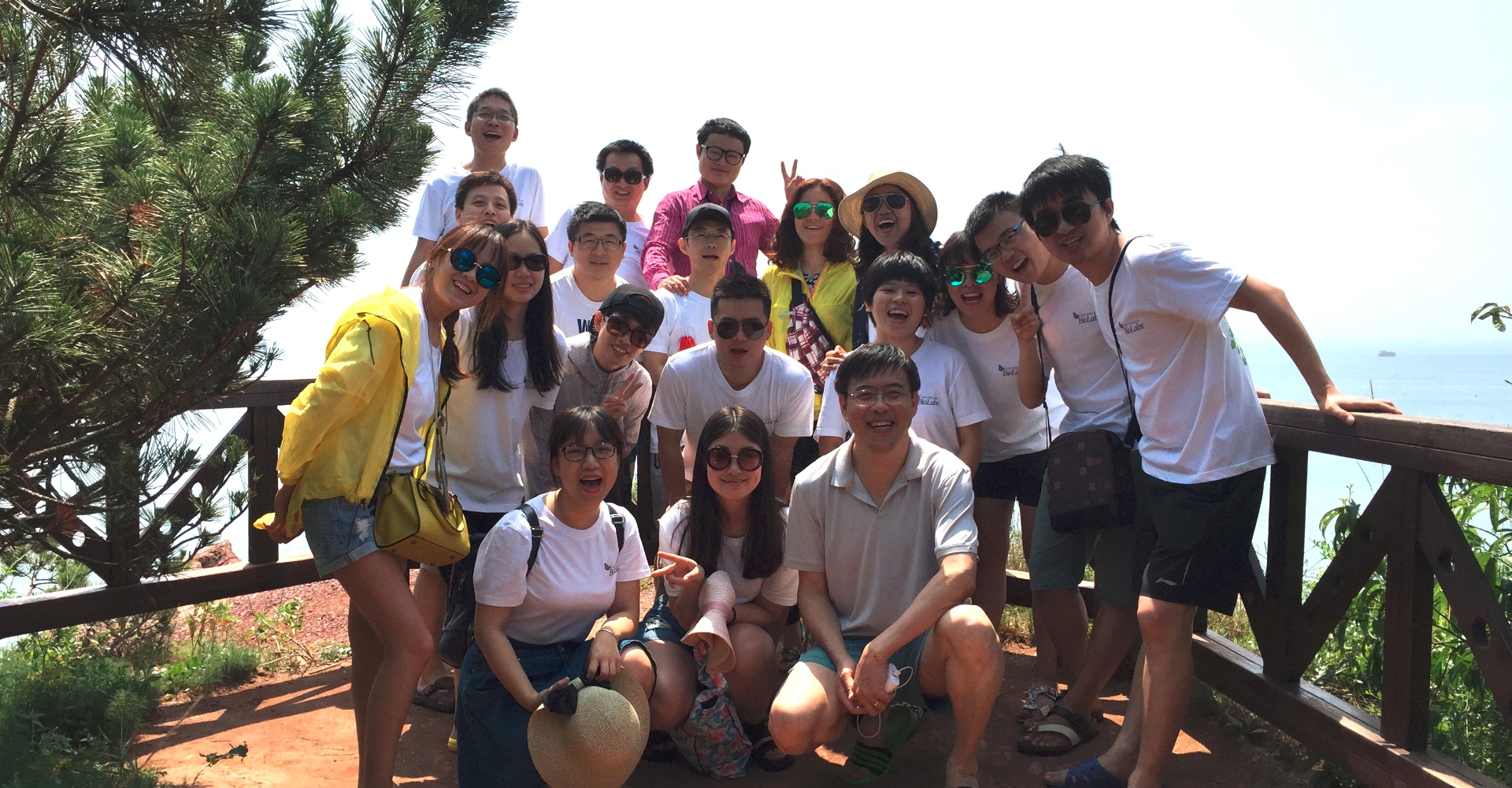
The Laboratory of Xin Lin

Xin Lin, Ph.D.

Dr. Xin Lin received his B.Sc. degree in Chemistry from the Shanghai University of Science & Technology in China, and PhD in Biochemistry and Molecular Biology from the University of Texas Health Science Center. Following his postdoctoral training in immunology at Gladstone Institute of Virology and Immunology/UCSF, he was recruited to the State University of New York at Buffalo as an Assistant Professor in 2000, and later he moved to the University of Texas MD Anderson Cancer Center as an Associate Professor, Professor, and Endowed Professor. He was recruited by Chinese government’s Global Expert Program in 2014 and moved back to China. Currently, he is a Professor and the Chairman in the Department of Basic Medical Sciences in Tsinghua University School of Medicine in Beijing. His research has been focused on lymphocyte activation, innate immune response. His lab has been studying the signaling pathways mediating T cell receptor (TCR)- and C-type lectin receptor (CLR)-induced NF-kB activation and their functional impacts on adaptive and innate immunity and inflammatory responses, as well as developing novel CAR-T/TCR-T approaches for immunotherapies.
Co-PI
Xueqiang Zhao

Dr. Xueqiang Zhao received his Bachelor degree in Biology from Sichuan University, and PhD degree in tumor immunology from Chinese Academy of Sciences. Following his postdoctoral training in MD Anderson Cancer Center, he joined Tsinghua University as a research associate professor, in Dr. Xin Lin’s lab, working on genetically engineered T cells for cancer immunotherapy. Dr. Zhao has more than 15 years’ experience in tumor immunology and has 20 patents on CAR-T and TCR-T therapies, and over 30 peer-reviewed publications.
Post-Docs
Hongmei Mao

Hongmei Mao joined Yi Sun’s laboratory first as a MS student in 2014, then converted as a Ph.D candidate and got her MD at Zhejiang University in 2020. During her MD period, she has focused on two projects, one is about oncology in Zhejiang University, and the other is neuroscience in Children’s National Hospital at Washington D.C. In her first project with the results published in Protein & Cell in 2019. In her second project with a manuscript, entitled “Fbxw7-mediated Nf1 Degradation Controls Erk signaling outputs essential for Ventricular Closure”, which is in submission. Although she got an MD degree, she chose for scientific research as her future career since she is passionate about science. Thus, she came to Xin Lin’s lab at Tsinghua University for Postdoc training in the field of immunotherapy in March, 2021. Now she is focused on the investigation of immunotherapy for pancreatic cancer.
Shangzhi Dai
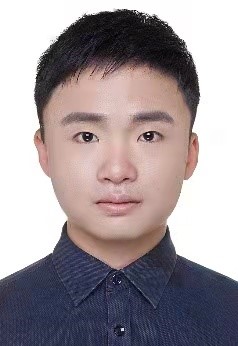
Dr. Shangzhi Dai received his B.M degree from the Health Science Center of Peking University. Later he was trained at the dermatological department of Peking University first Hospital and received his M.D degree, during which his research was mainly focused on the pathogenesis of inherited skin disease. He joined Lin Lab as a postdoctoral fellow and continued his exploration of the genetic basis and environmental factors involved in the pathogenesis of autoinflammatory cutaneous disorders. He has been inspired by basic research of immunology and is hoping to use immunological techniques to answer scientific questions from perspectives of both dermatology and immunology.
Weili Liu
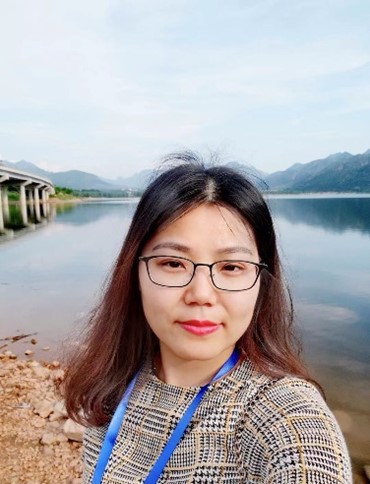
Dr. Weili Liu received her B.M. degree in Basic Medicine, and Ph.D./M.D. in Immunology from Health and Science Center, Peking University in China. She serves as a member of Medical Branch of Chinese Society for Cell Biology. Dr. Weili Liu is a postdoctoral fellow in Prof. Xin Lin’s laboratory. Her research interests cover both infectious diseases and cellular therapy, mainly focusing on anti-fungal immunity and targeted therapy for autoimmune diseases, which is a novel area for CAR-T and STAR-T therapy in addition to cancer immunotherapy. Her current research focuses on targeted cellular therapy for pemphigus, adult onset immunodeficiency owing to neutralizing anti-IFNγ autoantibodies and other autoimmune diseases.
Wenbo Ma

I achieved my bachelor degree of Medical Laboratory in Lanzhou University. I achieved my Master degree of Cellular and Molecular Biology in West China Medical Center of Sichuan University. My research area was targeting therapy of tumor. I did my Phd in Leiden University Medical Center. My research area was the immune regulation of HPV and HPV related cancer. For my postdoc research, I joined Xin Lin’s Lab in Tsinghua University since 2019. I focus on cancer immunotherapy.
Huimin Wang
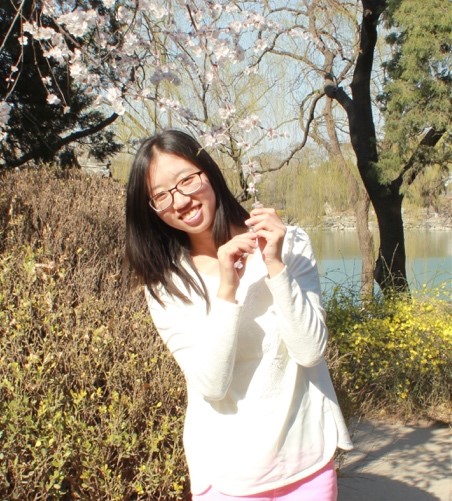
I obtained my Bachelor Degree from Shandong University. In September 2014 I started my PhD program at Peking University, I was focused on COPII dependent lipoprotein secretion pathway and its regulatory mechanisms. My publications as co-first authors were in Cell Metabolism and PNAS. In October 2020 I started as a postdoctoral researcher in Xin Lin Lab. Right now I’m trying to develop novel reprogrammed T cells via CRISPR-Cas9 system for immunotherapy.
Email: wanghuimin1991@mail.tsinghua.edu.cn
Jiasheng Wang
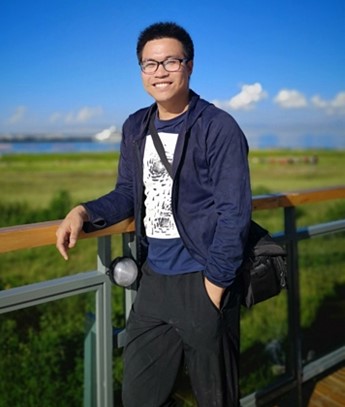
I obtained my Bachelor’s degree in Biotechnology and Master’s degree Biochemistry and Molecular Biology from Dalian Medical University. Following I stared my PhD track in Biochemistry and Molecular Biology at University of Chinese Academy of Sciences. After that I joined Lin Lab as a postdoctoral fellow, and now my research focused on CAR-T/STAR-T therapy in hematologic malignancies, and wanted to figure out the difference of side effect in CAR-T therapy and STAR-T therapy.
Yan Xin

I received my master degree in Microbiology from Nanjing Agriculture University, and PhD in Environmental Toxicity from Chinese Academy and Sciences. I joined Lin's lab in Tsinghua University since September 2019. Recently, I focus on the function of the innate immunity (especially neutrophil) in fungal infection.
Zaopeng Yang
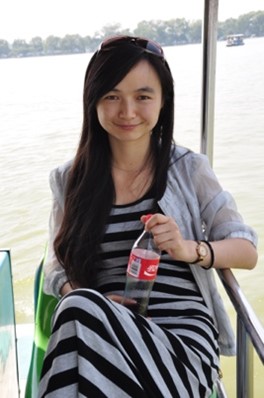
Zaopeng Yang
Gender:Female
Email:zaopengyang@126.com
Research Area:Acute injury and innate immunity
Research Experience
Sep. 2017- Present, School of Medicine, Tsinghua University, Beijing, China Postdoc fellow in Dr. Xin Lin’s lab.
Education
Sep. 2011- July 2017, School of Life Sciences, Peking University, Beijing, China
Ph.D. in Cell Biology.
Sep. 2007-July 2011, College of Life Sciences, Yunnan University, Kunming, China B.S. in Biology.
Jianlong Yuan
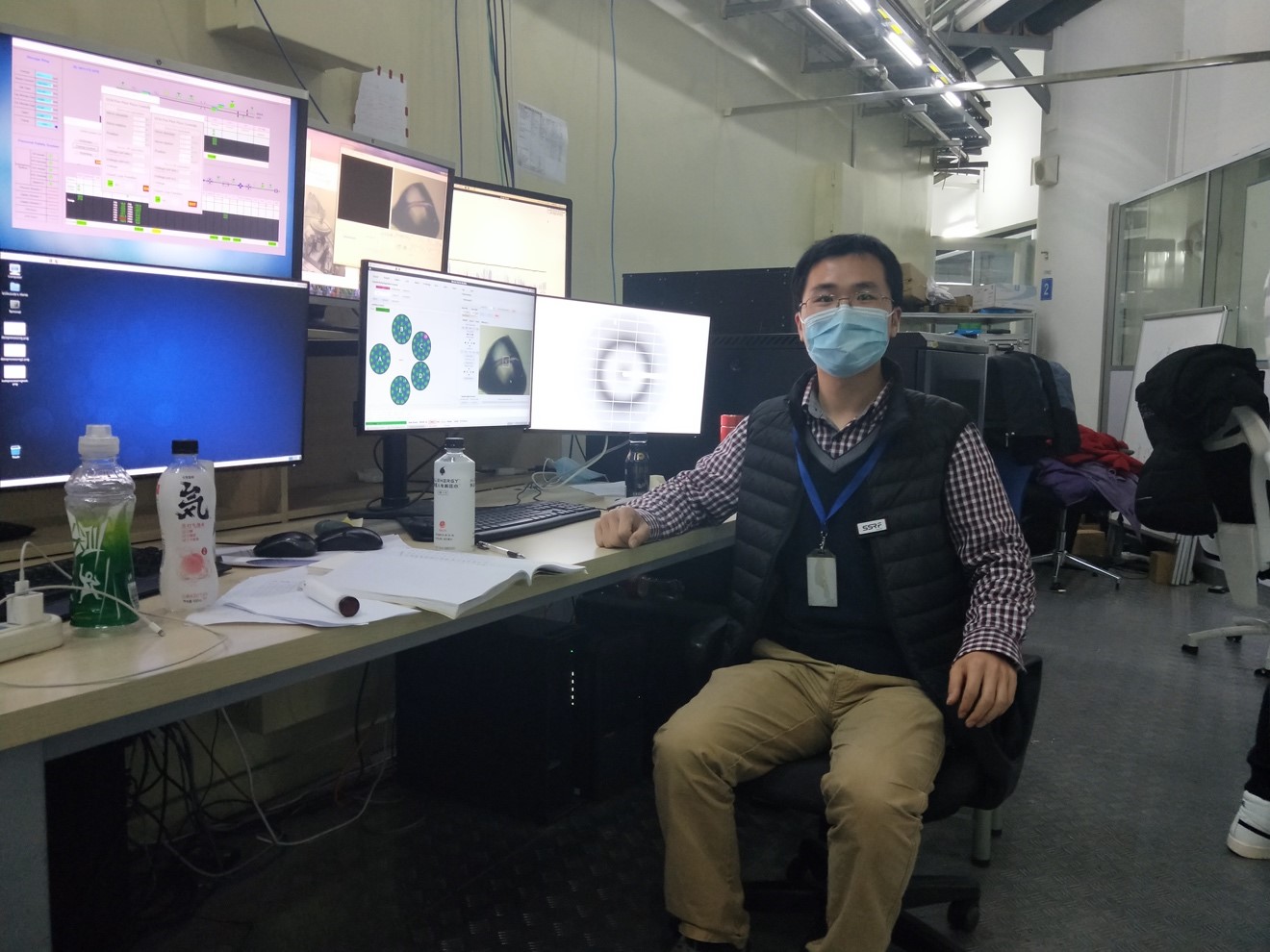
In April 2021, Jianlong Yuan joined Pro. Xin Lin’s lab as a postdoc research fellow, focusing on innovative immuno-therapy. Taking advantage of his structure biology background, he is carrying on interdisciplinary research, combating with life threatening infection and cancer by manipulating immune system.
Dr. Jianlong received his Ph.D. degree from Shanghai Institute for Biological Science (SIBS), University of Chinese Academy of Sciences (UCAS), where he was trained as a crystallographer, decoding 3D structures of important proteins. He successfully determined several epigenetic related protein complexes, such as readers of H3K4me3/H3K27me3, ASI1-SUVH6 complex and some unique RAF kinases, which uncovered new mechanisms in transcriptional control and kinase activity regulation.
Yu Zheng
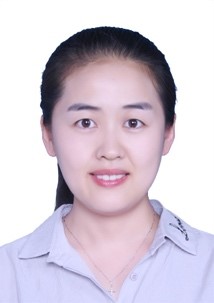
Dr. Yu Zheng graduated from the Department of Biochemistry and Molecular Biology in the School of Biology, China Agricultural University. She joined Professor Lin Xin’s laboratory in July 2018 for post-doctoral research. Her research direction is tumor immune response, mainly focusing on the immune response and immune response of glioma. Combined with a doctoral background in biochemistry and biomolecular science, explores the regulation mechanism of the immune microenvironment of brain tumors, and provides new ideas for the treatment of immune tolerance in GBM patients, which has great scientific and clinical significance.
Students
Ruya Sun
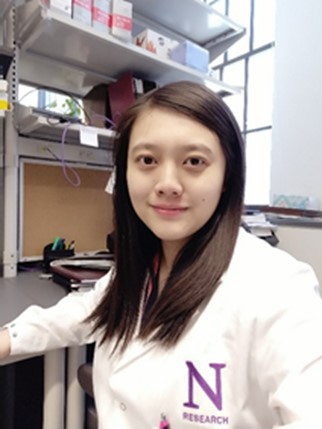
Ruya Sun is a third year PhD student in Prof. Xin Lin’s laboratory, which pioneered the TCR signaling and targeted cell therapy for blood cancer. Her current research focuses on new BCR targets in the treatment for autoimmune disease, especially kidney dysfunction caused by SLE, ANCA related vasculitis and other autoantibodies.
Ruya worked as an attending oncologist for over 5 years at the 2nd Affiliated Hospital of Harbin Medical University, where she received her M.D. degree and completed residency. She specialized in providing medical treatment for patients with advanced lung cancer, colorectal cancer and breast cancer. Recently, Ruya completed her research work as a visiting scholar in the Pathology Department of Feinberg School of Medicine at Northwestern University in Chicago. She serves as a member of Chinese Medical Association Oncology Branch.
Jing Sun
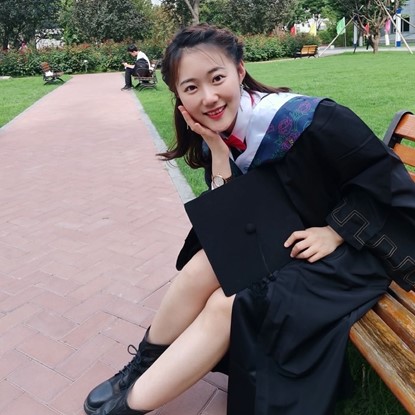
Jing Sun, Ph.D student (2020) in CLS, Bachelor’s degree from Capital Medical University.
Research focus: epigenetic regulation of tumor immunology
Zheyu Zheng
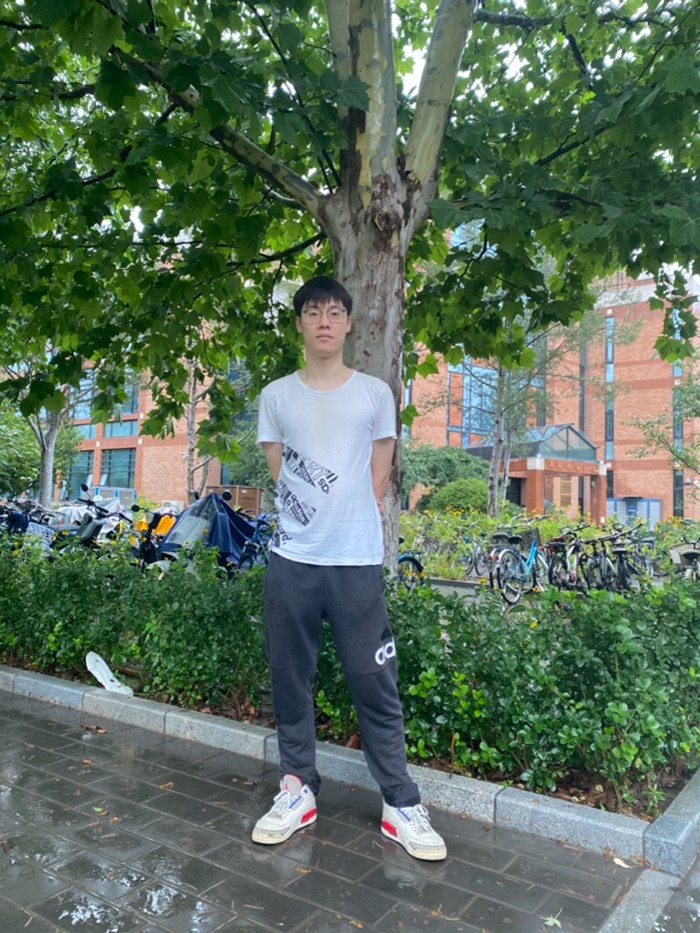
Zheyu Zheng, PhD student, recieved Bachelor's degree from Sichuan University, in biology. Now, I now join in Dr. Xin Lin's lab, focusing on how specific gene influences cell death and tumor immunity.
Li Yu
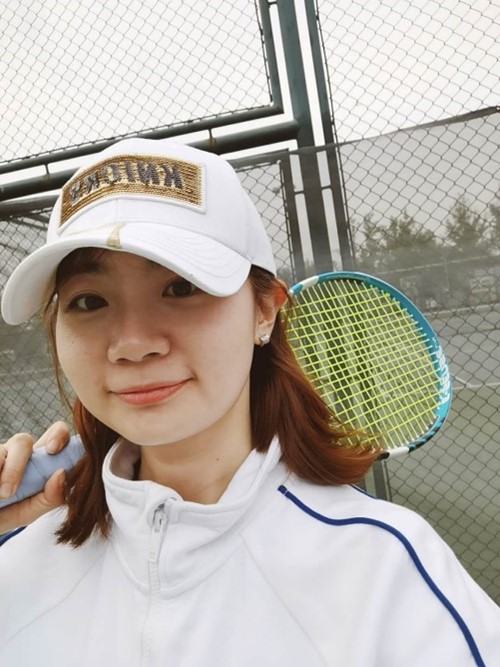
Li Yu is a fourth year PhD student in Prof. Xin Lin’s laboratory, which focused on lymphocyte activation, innate immune response and developing novel STAR-T/TCR-T approaches for immunotherapies. Her current research focuses on optimizing dual-targeting STAR-T cells to be employed in the treatment of post-relapse B cell lymphoma.
Zhixiao Zhou

Zhixiao Zhou, PhD student (from 2018) in Prof. Xin Lin’s laboratory. His current research focuses on developing antibody screening platform and generating multi-targeted STAR-T cells to restrain antigen loss-associated tumor relapse.
Chenliang Wang

wcl17@mails.tsinghua.edu.cn
Chenliang have joined the Lin Lab in 2017. Currently, he is studying the pathogenesis of auto-immune/auto-inflammatory dermatoses, especially the regulation and development of Th17. He received his Bachelor’s degree in Bioengineering from Henan Agricultural University. As an undergraduate, he worked about the mechanism of Antibody Dependent Enhancement (ADE) during PRRSV infection and also took part in designing the anti-PEDV live-vector-vaccine in Dr. Gaiping Zhang’s Lab, Key Laboratory of Animal immunology, Ministry of Agriculture.
Muchun Yu

Muchun Yu is a PhD student in Prof. Xin Lin’s laboratory. He obtained bachelor degree of Pharmaceutical Engineering in Jilin University in 2017. His research focuses on the function of TNFα downstream cell death signaling in acute liver injury and cancer. And He is also interested in the mechanism and therapy of immune system disordered disease, such as acute myeloid leukemia (AML).
Yingxin Wu

I am an energetic and outgoing girl from Kunming, the Spring City in China. I graduated from Minzu University of China and was accepted by PTN program in 2020. I joined Prof. Xin Lin’s lab and studied signaling pathways in multiple immune cells, investigating their mechanisms and functions in inflammatory, cell death and tumorigenesis.
Hanyang Yu

Departing from Shanghai, I entered Tsinghua University in the autumn of 2017 and joined an 8-year M.D. program. Majoring in clinical science, I am willing to dedicate myself to the course of medicine, treating patients and curing diseases. More importantly, nurtured in Tsinghua medical school, I have the idea deeply rooted inside that advance in basic scientific research lead to major changes in clinical therapies. Therefore, in 2020, I joined Prof. Xin Lin’s lab and devoted to studying T cell biology and developing novel cancer immunotherapy based on TCR-T/CAR-T.
Sihan Xiong

Sihan Xiong, received her B.S. degree in Biological Sciences and Technology from Tsinghua University, is now a Ph.D. student from Dr. Xin Lin’s lab in the Department of Basic Medical Sciences. Her research focuses on inflammation and innate immune responses in different human diseases.
Daosheng Huang

I obtained my BSc in Biomedical Science from Zhejiang University. Currently, I’m a 4th-year graduate student in Dr Lin’s Lab. My previous research areas include stem cell differentiation, single cell sequencing. My PhD’s research interest is focus on Neoantigen-based Cancer Immunotherapy.
Hailin Tu
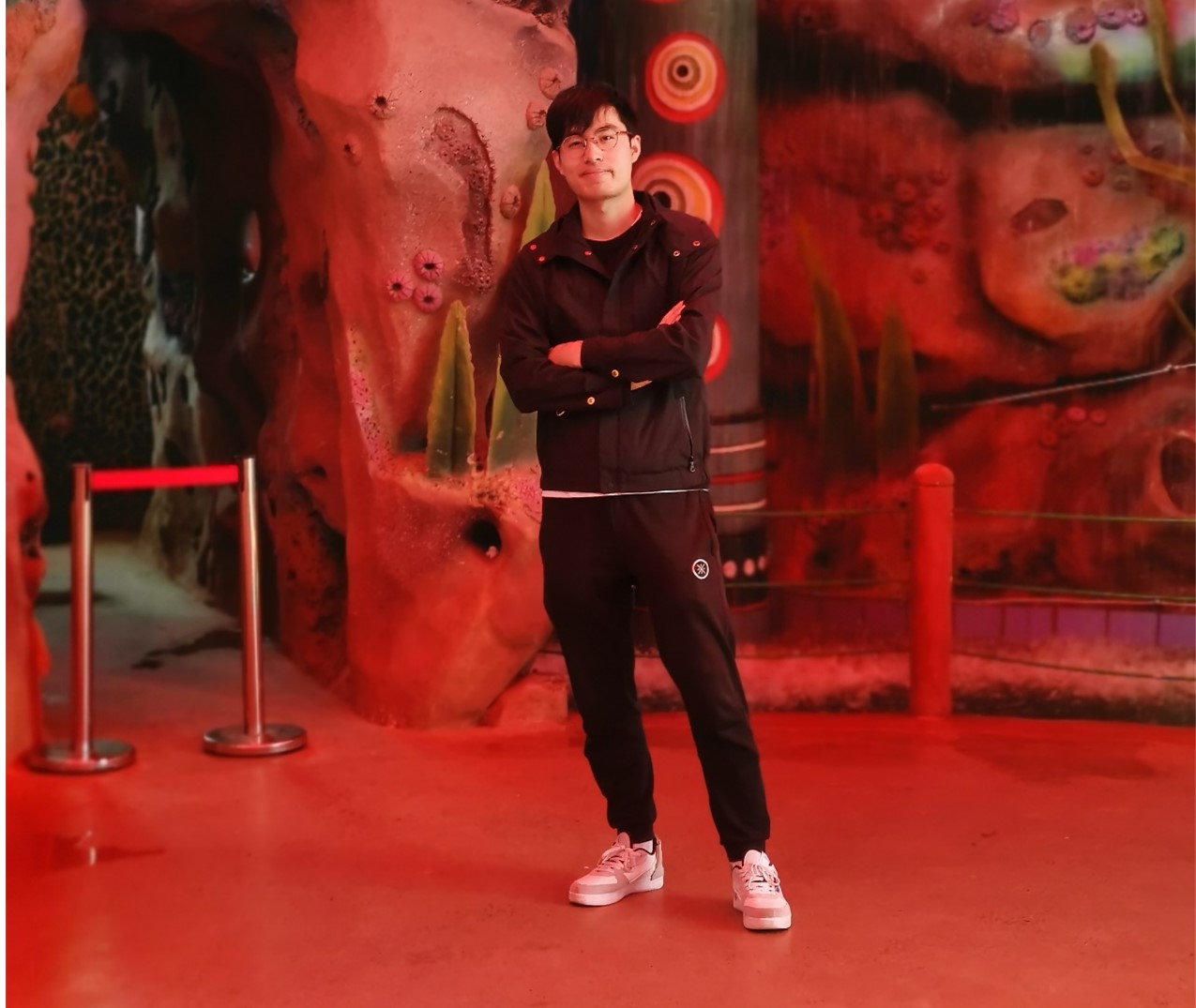
I received my bachelor’s degree from China Agricultural University in 2016 and joined Prof. Lin’s lab as a PhD student in Tsinghua University to the present. My research utilizes biochemical and genetic mouse studies to investigate the regulation of cell death and inflammation in TNF receptor signaling.
Yi Li

I graduated from School of Life Science and Technology, Tongji University with a bachelor's degree and from School of Agriculture and Biology, Shanghai Jiao Tong University with a master's degree. I’m currently a PhD student of Professor Xin Lin, Institute for Immunology, Tsinghua University. My current research interest is cancer immunotherapy.
Hongjian Li
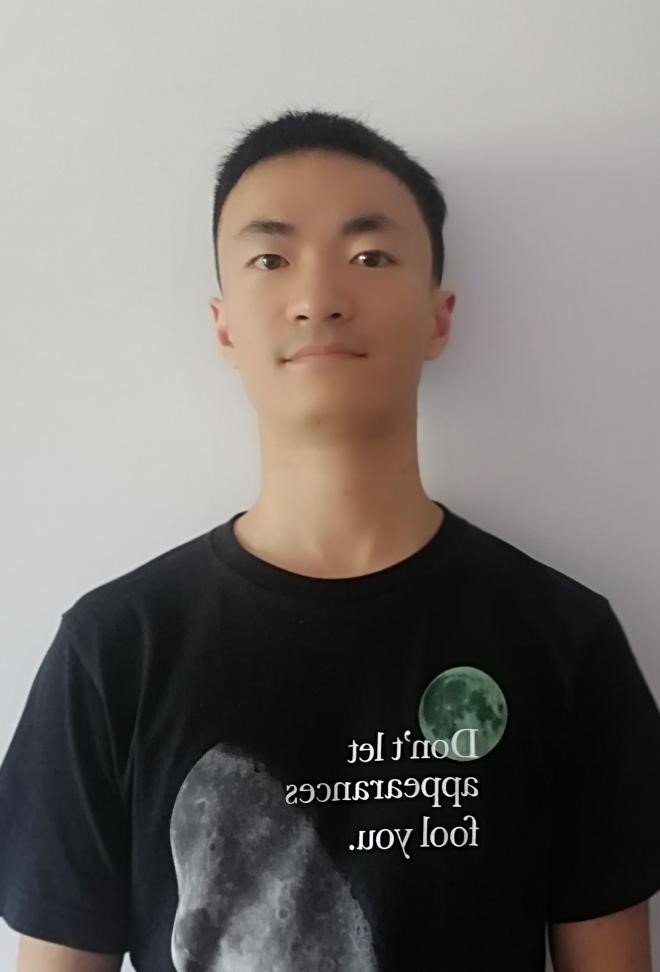
I am Hongjian Li, a Ph.D student (from 2020) in Xin Lin’s Lab. I received my bachelor's degree from school of pharmaceutical science, Sichuan University in June, 2020. Currently, I mainly focus on cancer immunotherapy. One of my greatest interest is to develop novel mRNA vaccine for tumor neoantiged-based therapy. My hobby is traveling and hanging out with my families or friends.
Renlin Lu

Lu Renlin, graduated as a undergraduate in Tsinghua university. Now is a PhD student (2019) from Linxin lab. Major research is focus on tumor immunology. Interest is the role of metabolism in tumor immunology. On goning work is the T cell anergy due to abnormal T cell metabolism in tumor microenvironment
1、Adoptive T cell transferring-mediated immunotherapy
2、Signal transduction mediated innate immune and inflammation
3、Molecular mechanisms that regulate cell death
ORCID:0000-0003-0956-3654
ResearcherID:
Selected Publications:
1. Pan D, Zhu Y, Zhou Z, Wang T, You H, Jiang C, Lin X. (2016) The CBM Complex Underwrites NF-kappaB Activation to Promote HER2-associated Tumor Malignancy. Mol Cancer Res. 2016 Jan;14(1):93-102.
2. Jiang C, Zhou Z, Quan Y, Zhang S, Wang T, Zhao X, Morrison C, Heise MT, He W, Miller MS, and Lin X. (2016) CARMA3 is a host factor regulating the balance of inflammatory and antiviral responses against viral infection. Cell Reports. 2016 Mar 15;14(10):2389-401.
3. Wang T, Pan, D, Zhou Z, Jiang C, You Y, and Lin X (2016) Dectin-3 Deficiency Promotes Colitis Development due to Impaired Antifungal Innate Immune Responses in the Gut. PLOS Pathogens 2016 Jun 9;12 (6): e1005662. doi: 10.1371/journal.ppat.1005662. eCollection 2016 Jun.
4. Zhu LL, Luo TM, Xu X, Guo YH, Zhao XQ, Tang B, Jiang YY, Lin X*, Jia XM* (2016) E3-ubiquitin-ligase Cbl-b negatively regulates C-type lectin receptor-mediated anti-fungal innate immunity. J Exp Med, 2016 Jul 25;213(8):1555-70. *Co-corresponding author
5. Joo D, Tang Y, Blonska M, Jin J, Zhao X, Lin X. (2016) Regulation of linear ubiquitin chain assembly complex by Caspase-mediated cleavage of RNF31. Mol Cell Biol. 2016 Sep 26. pii: MCB.00474-16. [Epub ahead of print]
6. Jiang C, Zhu Y, Zhou Z, Gumin J, Bengtsson L, Wu W, Songyang Z, Lang FF, Lin X (2016) TMEM43/LUMA is a key signaling component mediating EGFR-induced NF-kB activation and tumor progression. Oncogene, 2016 Dec 19. doi: 10.1038/onc.2016.430. [Epub ahead of print]
7. Zhao X, Guo Y, Jiang C, Chang Q, Zhang S, Luo T, Zhang B, Jia X, Hung MC, Dong C, Lin X (2017) JNK1 negatively controls antifungal innate immunity by suppressing CD23 expression. Nature Medicine. 2017 Mar;23(3):337-346. doi: 10.1038/nm.4260. Epub 2017 Jan 23.
8. Zhang S, Pan D, Jia XM, Lin X*, Zhao X*. (2017). The CARMA3-BCL10-MALT1 (CBM) complex contributes to DNA damage-induced NF-κB activation and cell survival. Protein & Cell. 2017 Jul 17. doi: 10.1007/s13238-017-0441-3. [Epub ahead of print].
*Co-corresponding authors
9. Tang Y, Tu H, Liu G, Zheng G, Wang M, Li L, Zhao X, and Lin X. (2018). RNF31 regulates skin homeostasis by protecting epidermal keratinocytes from cell death. J Immunol. 2018 Jun 15;200(12):4117-4124
10. Xu X, Xu J, Zheng G, Lu H, Rui W, Guan J, Cheng L, Yang D, Wang M, Duan J, Lv Q, Li J, Zhao X, Chen C, Shi P, Jia X*, Lin X*. (2018). CARD9S12N mutation converts alveolar macrophages into IL-5-producing cells and facilitates type 2 immune responses. Nature Immunology, 2018 Jun;19(6):547-560.
11. Wang M, Zhang S, Zheng G, Huang J, Songyang Z, Zhao X, Lin X. (2018). Gain-of-Function Mutation of Card14 Leads to Spontaneous Psoriasis-like Skin Inflammation through Enhanced Keratinocyte Response to IL-17A. Immunity. 2018 Jul 17;49(1):66-79
12. Zheng G, Jiang C, Yang D, Li Y, Ma Y, Zhang B, Li X, Zhang P, Hu X, Zhao X, Du J, Lin X. (2018). TMEM43-S358L mutation enhances NF-kB-TGFb signal cascade and PPARg pathway in arrhythmogenic right ventricular dysplasia/cardiomyopathy. Protein & Cells 2018 Jul 6. doi: 10.1007/s13238-018-0563-2. [Epub ahead of print]
13. Wang T, Fan C, Yao A, Xu X, Zheng G, You Y, Jiang C, Zhao X, Hung MC, Lin X. (2018). The adaptor protein CARD9 protects against colitis-associated colon cancer by restricting mycobiota-mediated expansion of myeloid-derived suppressor cells. Immunity, 2018 Sep 18;49(3):504-514
14. Guo Y, Chang Q, Cheng L, Xiong S, Jia X, Lin X*, Zhao X*. (2018). C-type lectin receptor CD23 controls antifungal immunity through regulating nitric oxide production in activated macrophages. J Immunol. 2018 Oct 15;201(8):2427-2440
*Co-corresponding authors
15. Tang Y, Joo D, Liu G, Tu H, You J, Jin J, Zhao X, Hung M, Lin X. (2018). Linear ubiquitination of cFLIP induced by LUBAC contributes to TNFa-induced apoptosis. J Biol Chem. 2018 Dec 28;293(52):20062-20072
16. Cheng L, Deng N, Yang N, Zhao X, and Lin X (2019) Malt1 protease is critical in maintaining function of Treg cells and may be a therapeutic target for anti-tumor immunity. J Immunol. May 15;202(10):3008-3019. doi: 10.4049/jimmunol.1801614. Epub 2019 Apr 12.
17. Yang D, Zhao X, Lin X (2019) Bcl10 is required for the development and suppressive function of Foxp3+ regulatory T cells. Cell Mol Immunol. 2019 Oct 8. doi: 10.1038/s41423-019-0297-y. [Epub ahead of print]
18. Tang Y, Tu H, Zhang J, Zhao X, Lin X (2019). K63-linked ubiquitination regulates RIPK1 kinase activity to prevent cell death during embryogenesis and inflammation. Nat Commun. 2019 Sep 13;10(1):4157.
19. Liu G, Rui W, Zheng H, Huang D, Yu F, Zhang Y, Dong J, Zhao X, and Lin X (2020) CXCR2-modified CAR-T cells have enhanced trafficking ability that improves treatment of hepatocellular carcinoma. Euro J Immunol. 2020 Jan 24. doi: 10.1002/eji.201948457. [Epub ahead of print]
20. Yue Liu*, Guangna Liu*, Jiashang Wang*, Zhe-yu Zheng , Lemei Jia, Wei Rui, Liqun Zhou, Xin Wu, Song Lin, Xueqiang Zhao, Xin Lin, Chimeric STAR Receptors Using TCR Machinery Mediate Robust Responses Against Solid Tumors, Science Translational Medicine, 13, eabb5191, 2021 [*co-first author ]
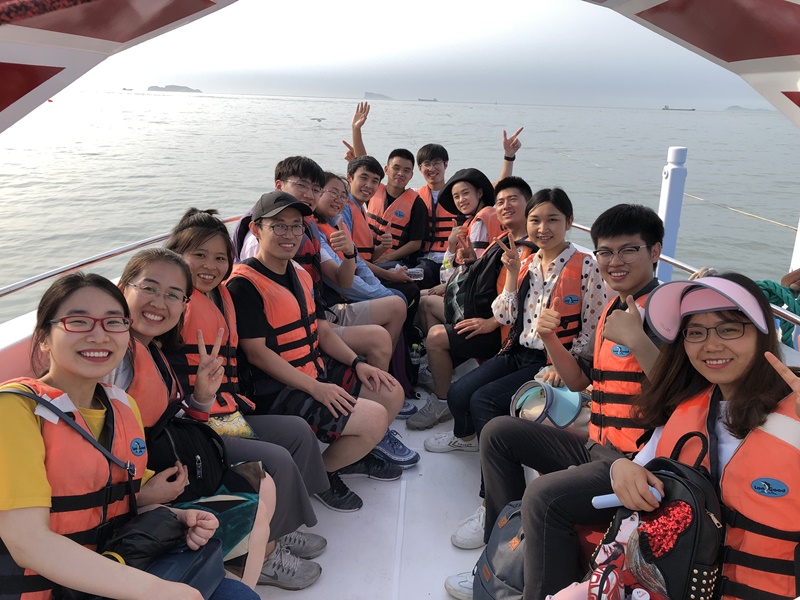
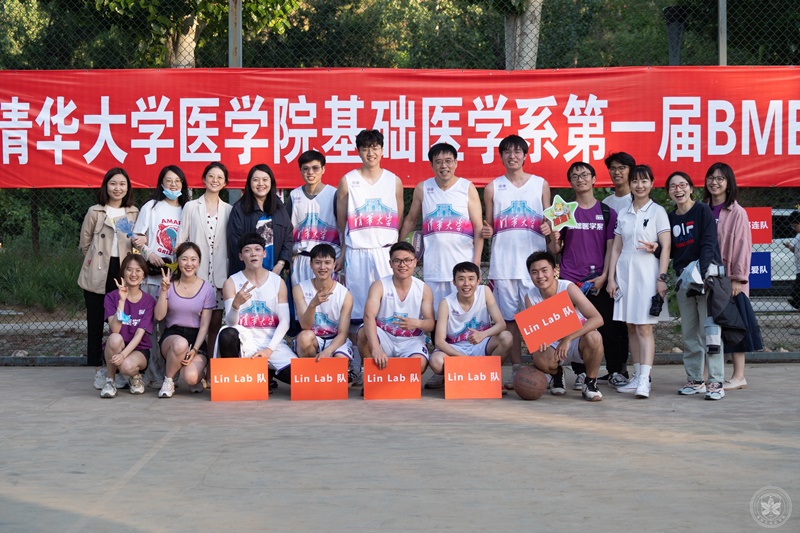
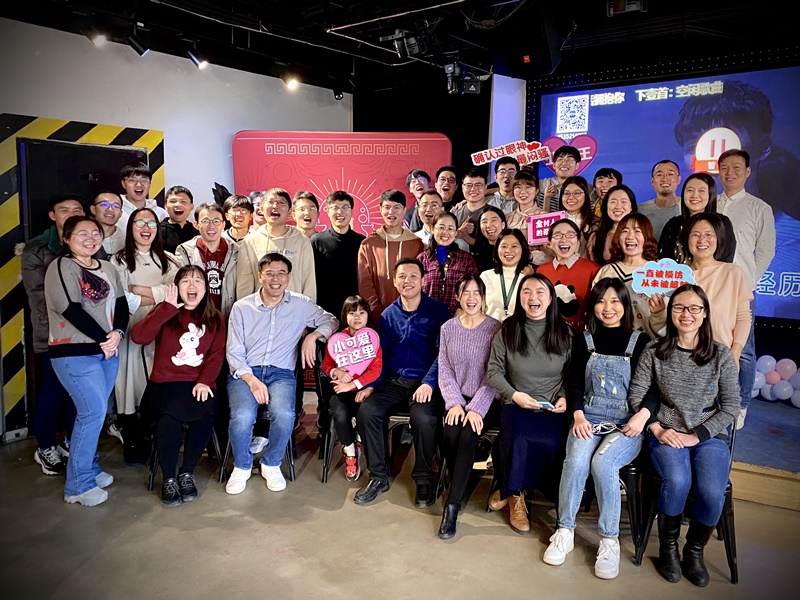

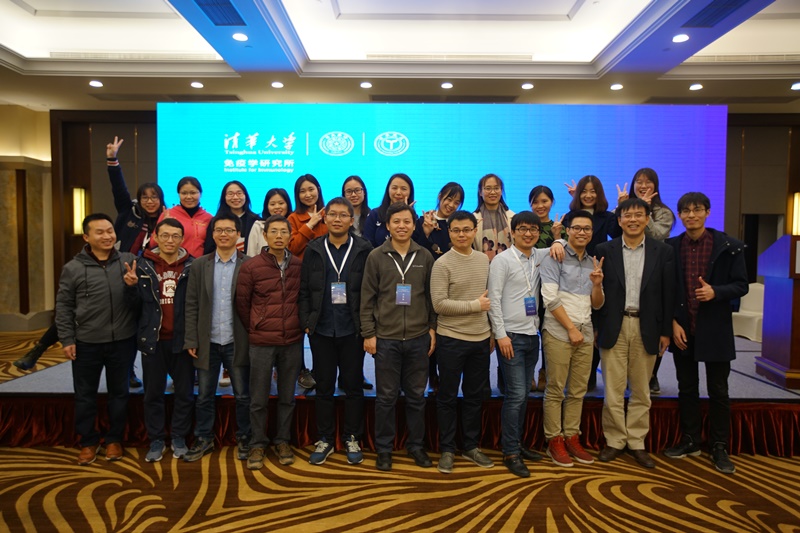

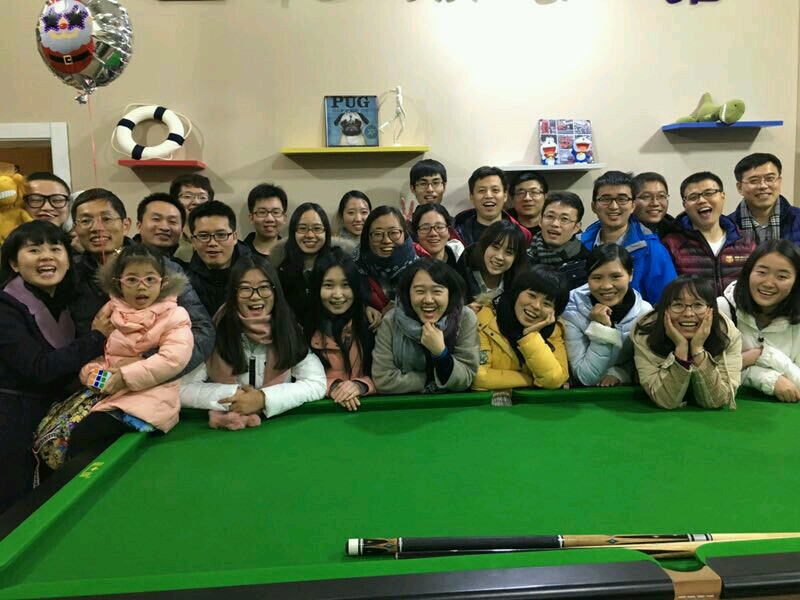
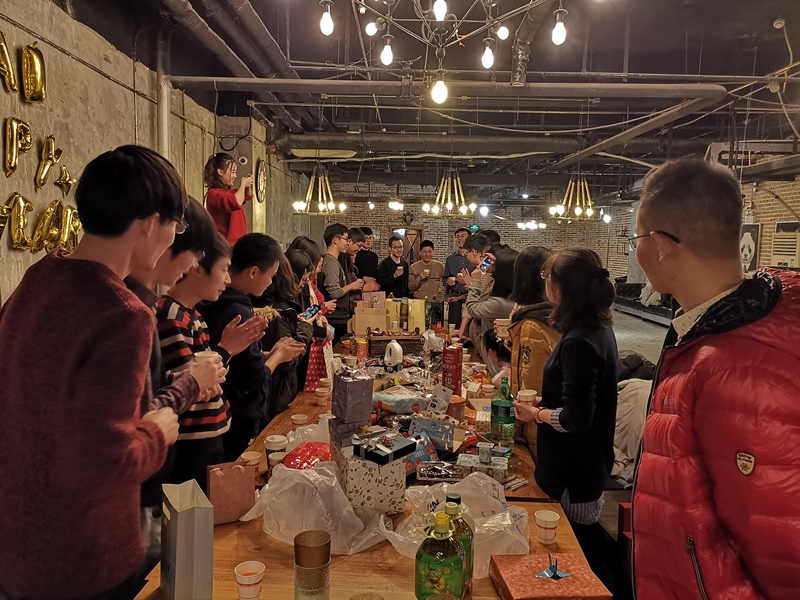
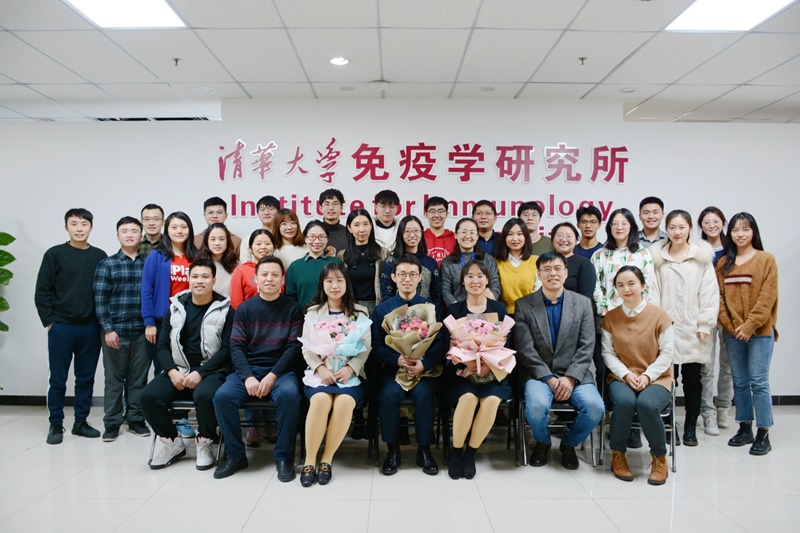
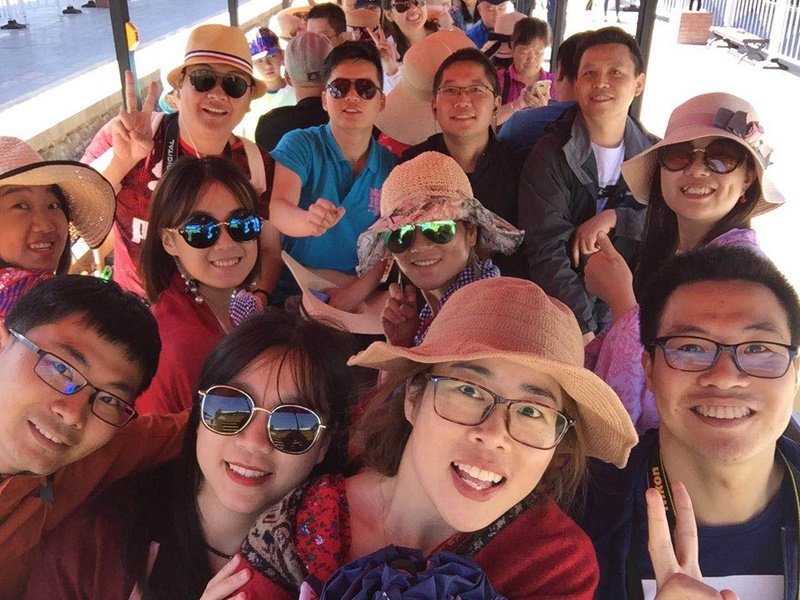
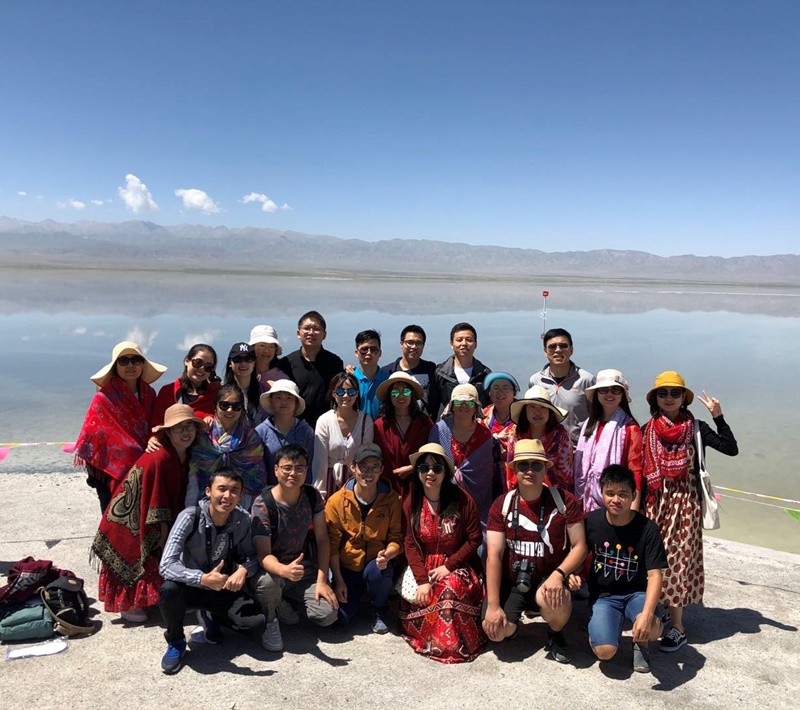



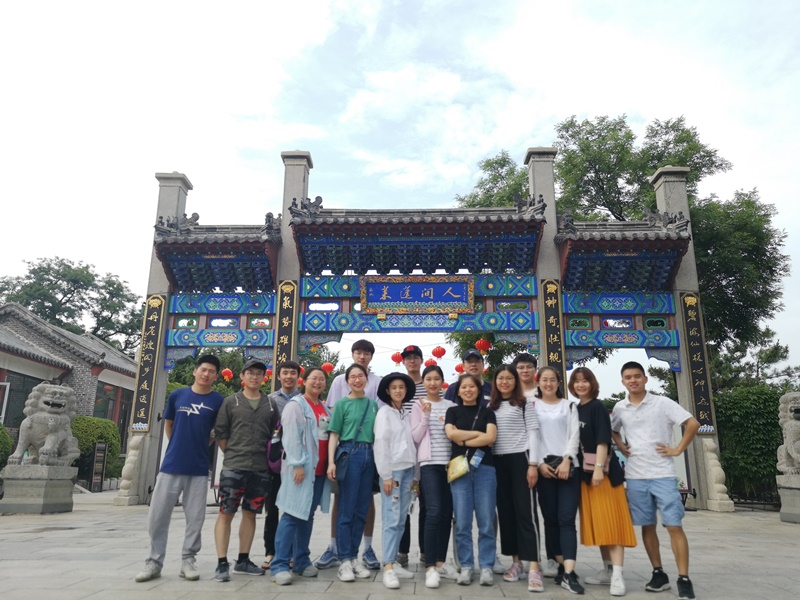
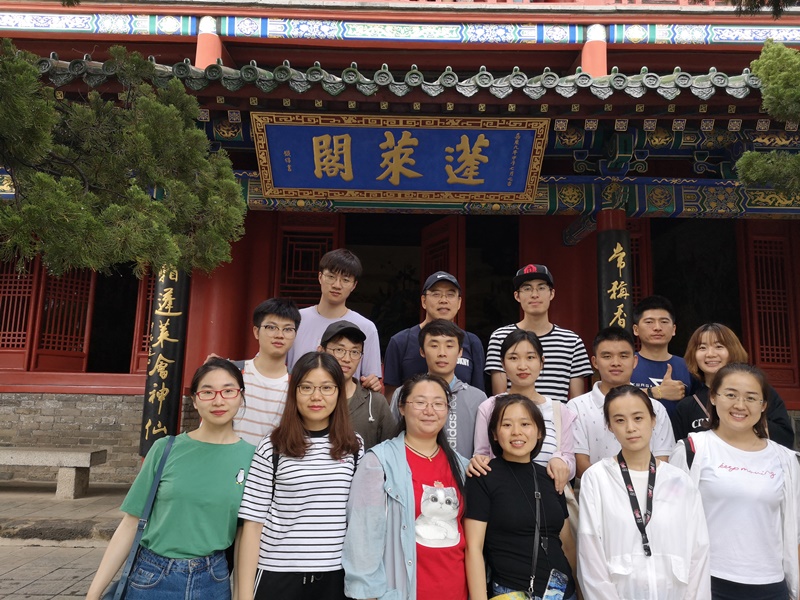
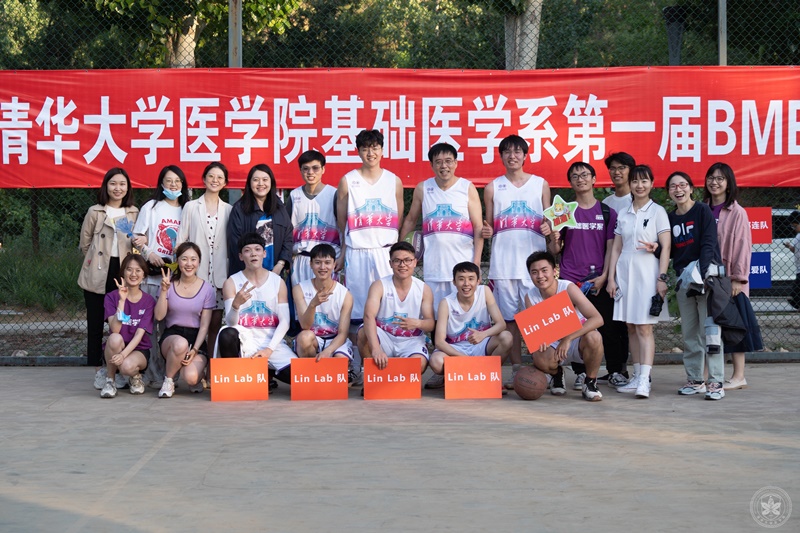
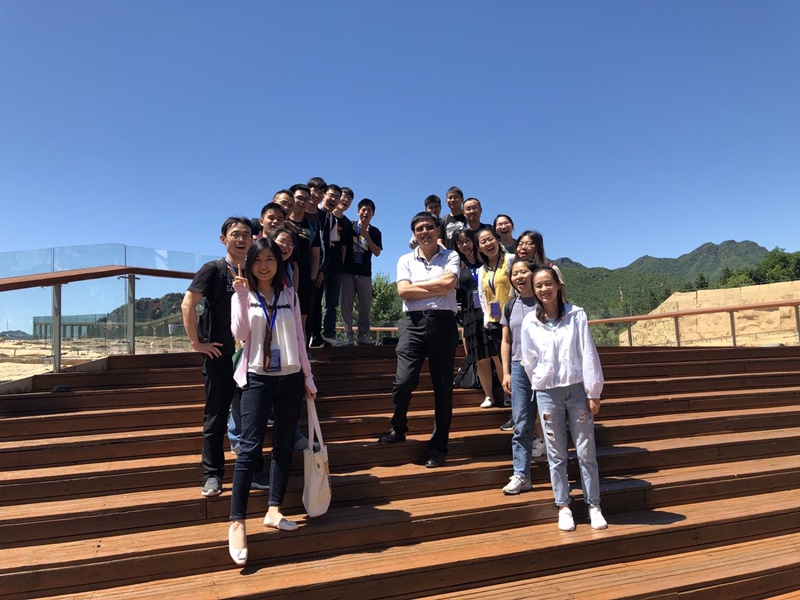
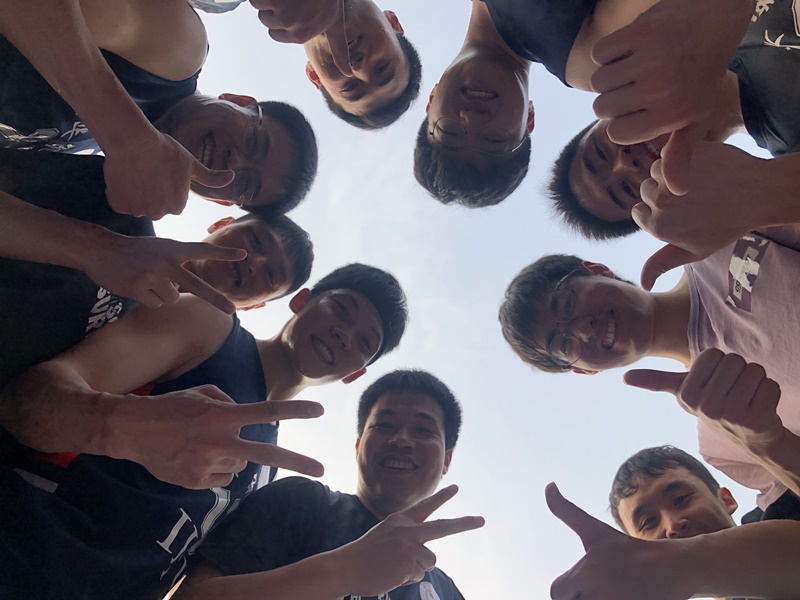


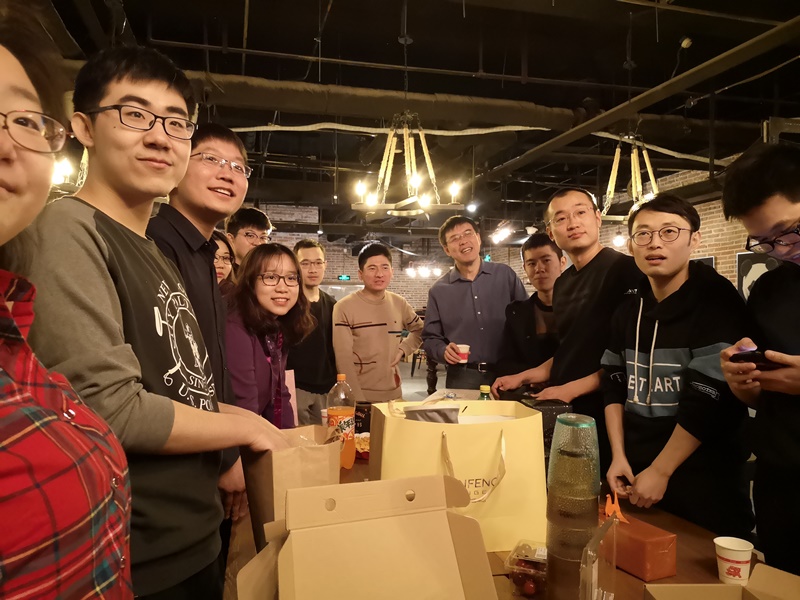
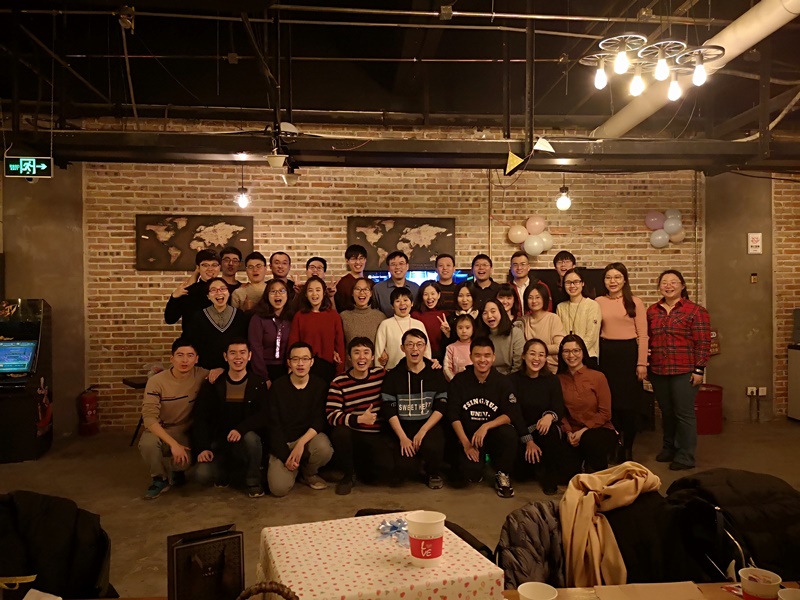




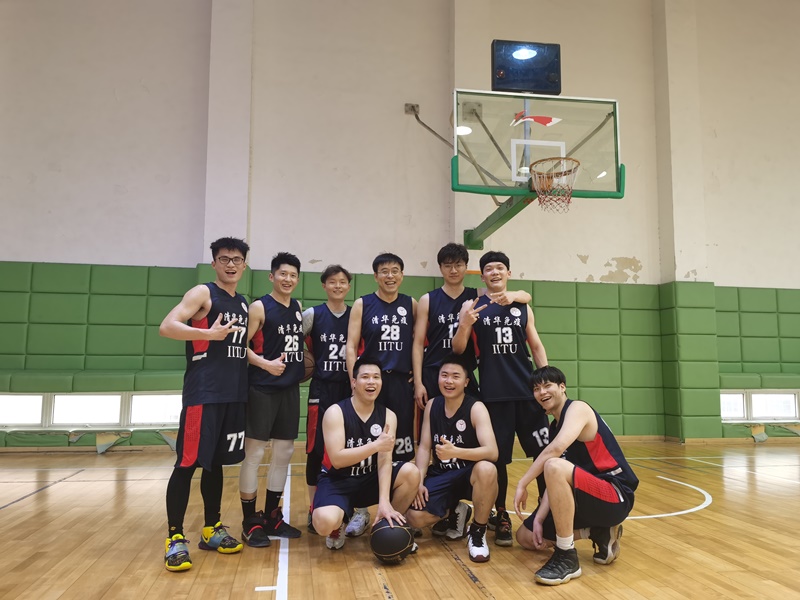
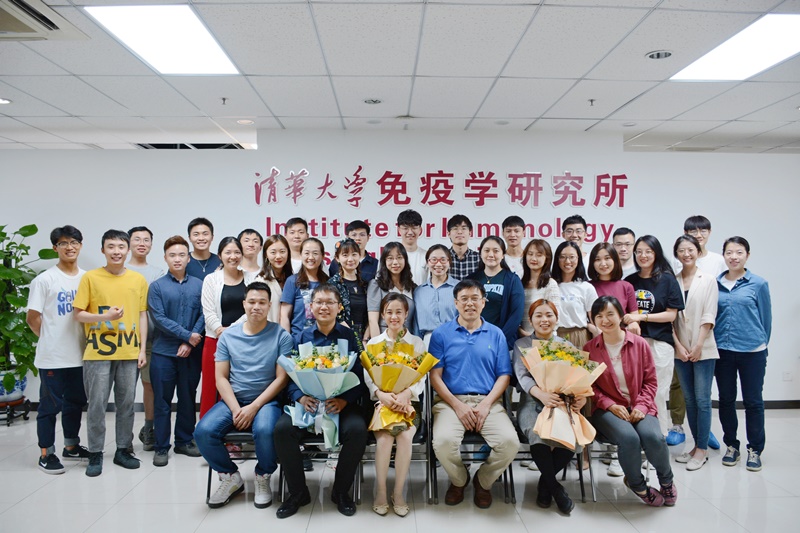
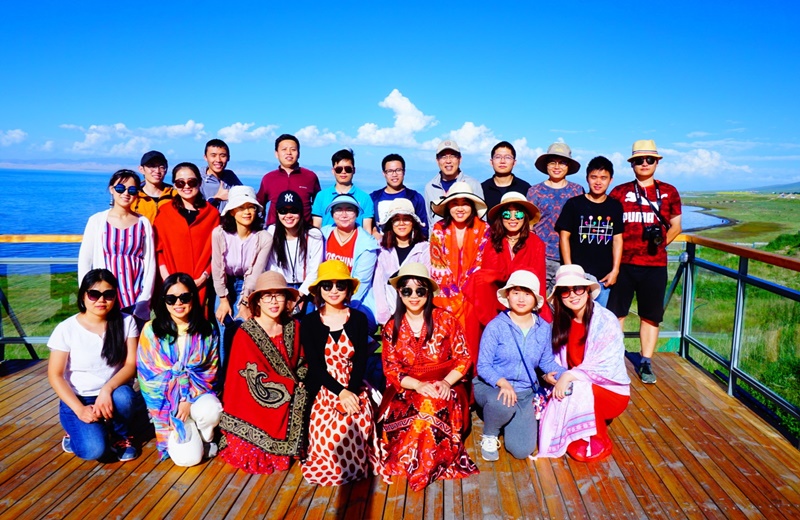

Copyright © 2017 Institute for Immunology Tsinghua University
Contact Address: Room D302, Medical Science Building, Tsinghua University, Beijing 100084, China
Tel: (86) 10-62776420 Fax: (86) 10-62776420
